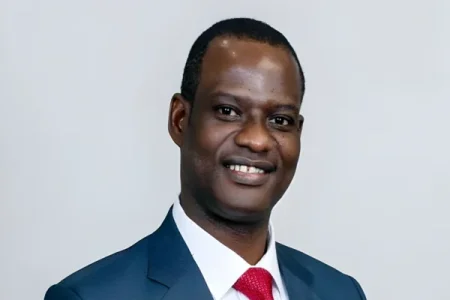
The Nigerian government, led by President Bola Tinubu, is open to revising the controversial VAT structure in ongoing tax reform bills. Taiwo Oyedele, Chairman of the Presidential Committee on Fiscal Policy and Tax Reforms, highlighted the flexibility of the bills and emphasized the government’s commitment to national development.
The Nigerian government, under President Bola Tinubu, has expressed willingness to reconsider the controversial VAT structure as part of the ongoing tax reform discussions. Taiwo Oyedele, who leads the Presidential Committee on Fiscal Policy and Tax Reforms, revealed during an interview on Sunday that the government is open to making compromises regarding the VAT framework in the tax reform bills currently before the National Assembly.
The four key bills—Nigeria Tax Bill 2024, Tax Administration Bill, Nigeria Revenue Service Establishment Bill, and Joint Revenue Board Establishment Bill—have been a source of intense debate since being introduced in October 2024. The proposed VAT overhaul, which introduces a Derivative Principle, has raised concerns in various regions, with some parties advocating for the retention of the existing VAT formula.
Oyedele reassured that if the preference is to maintain the current VAT model, the government is ready to accommodate this preference, emphasizing that the goal is to ensure inclusive and beneficial reforms for all regions. He clarified that while the fundamental VAT structure is a non-negotiable point, the government is flexible on the specific details of the bills, ensuring that all aspects are open for discussion.
This stance from the government comes amid ongoing discussions over the tax system’s role in driving Nigeria’s economic growth and national development, with the administration aiming to create a tax environment that is fair and productive for all Nigerians.




